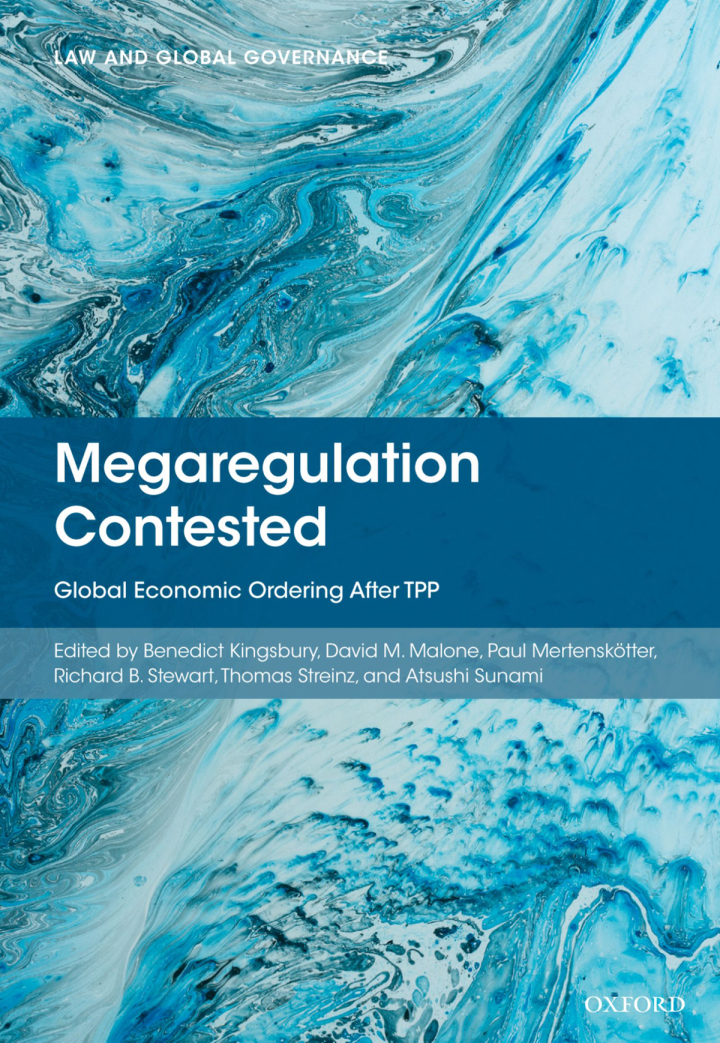Megaregulation Contested 1st Edition Global Economic Ordering After TPP
$53.62
Attention: This is just ebook, Access Codes or any other Supplements excluded! / File Delivery: Sent Via Email within 24 hours!
SKU: e2cc5093132a
Category: Law Textbooks
Description
-
Author(s)Benedict Kingsbury; David M. Malone; Paul Mertenskötter
-
PublisherOUP Oxford
-
FormatPDF
-
Print ISBN
9780198825296, 0198825293 -
eText ISBN
9780198825296, 0198825293 -
Edition1st
-
Copyright
- Details
The Japan-led Trans-Pacific Partnership (CPTPPA) of 2018 is the most far-reaching ‘megaregional’ economic agreement in force, with several major countries beyond its eleven negotiating countries also interested. Still bearing the stamp of the original US involvement before the Trump-era reversal, TPP is the first instance of ‘megaregulation’: a demanding combination of inter-state economic ordering and national regulatory governance on a highly ambitious substantive and trans-regional scale. Its text and ambition have influenced other negotiations ranging from the Japan-EU Agreement (JEEPA) and the US-Mexico-Canada Agreement (USMCA) to the projected Pan-Asian Regional Comprehensive Economic Partnership (RCEP). This book provides an extensive analysis of TPP as a megaregulatory project for channelling and managing new pressures of globalization, and of core critical arguments made against economic megaregulation from standpoints of development, inequality, labour rights, environmental interests, corporate capture, and elite governance. Specialized chapters cover supply chains, digital economy, trade facilitation, intellectual property, currency levels, competition and state-owned enterprises, government procurement, investment, prescriptions for national regulation, and the TPP institutions. Country studies include detailed analyses of TPP-related politics and approaches in Japan, Mexico, Brazil, China, India, Indonesia, and Thailand. Contributors include leading practitioners and scholars in law, economics, and political science. At a time when the WTO and other global-scale institutions are struggling with economic nationalism and geopolitics, and bilateral and regional agreements are pressed by public disagreement and incompatibility with digital and capital and value chain flows, the megaregional ambition of TPP is increasingly important as a precedent requiring the close scrutiny this book presents.
Related products
-

Problems in Contract Law 10th Edition Cases and Materials
Rated 0 out of 5$75.90 Add to cart -

Constitutional Law 7th Edition Principles and Polices
Rated 0 out of 5$39.90 Add to cart -

Examples & Explanations for The Law of Torts 6th Edition
Rated 0 out of 5$29.90 Add to cart -

Civil Procedure: Doctrine, Practice, and Context 6th Edition
Rated 0 out of 5$75.90 Add to cart

